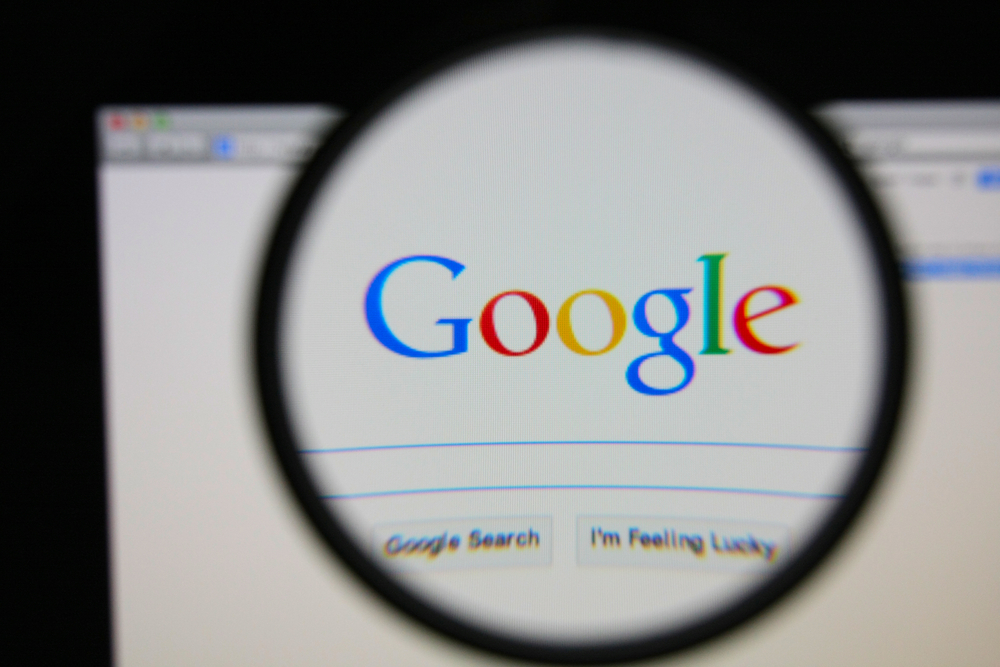It seems over the weekend Google has quietly given users the option to download their entire search history for the first time.
Though the search titan itself is yet to comment on it, an unofficial Google blog explains how to access the feature, so you can now keep a complete archive of all your searches, as long as you've been logged into your Google account.
It will send you an email teling you your search history is available to download as a .zip file, and if you so choose you can peruse of all the inane things you've searched for since the beginning of time. Some people may be fascinated or amused by this, but for others it may well be an unsettling experience. So why has Google enabled this option?
> See also: Google's privacy policy does not comply with UK law, says ICO
As an exercise in transparency, it's a good example of all-seeing Google attempting to offer more insight around how it uses our data. Allowing users to refer to that data lets them see how Google analyses it to individually personalise the search results we see.
Offering this kind of transparency is not unique to Google – in response to privacy rights critics, many online services including Twitter and Facebook now allow you to download your activity archive so you're no longer in the dark about exactly what these companies know about you.
But seeing this information really brings home the privacy trade-off we make to get these more personalised digital services. And as a recent piece in the Washington Post argues, personalised is not necessarily better a better experience.
'On sites like Google or Facebook, now the primary news source for people under 35, algorithms aren’t just keeping you from the next great cake recipe — they could be isolating you from opposing views, exacerbating your own biases, or, as more disturbing and recent examples have shown, even perpetuating racial and gender biases of their own,' says Washington Post reporter Caitlin Dewey.
In the end, Google is only giving us a vague illusion of control by allowing us to keep copies of our search history. For many people, seeing this data laid bare might drive home just how much of an open window the web giant into almost every aspect of lives, from our interests and purchases to our health concerns, the services we use and our location history.
> See also: War on the data beasts: don't let Facebook, Google et al control your digital lives
So download yours if you're interested, and contemplate this fact – but be aware that this information sitting on your computer might be a gold mine for opportunitist hackers.
After clicking the option to download, Google throws users a warning box telling them to 'please read this carefully- it's not the usual yada yada.' Its warnings to users should not be taken lightly, and those who are curious should not download their archive to a public computer, should enable 2-step verification around it, and research the data policies of the country they're in first.










